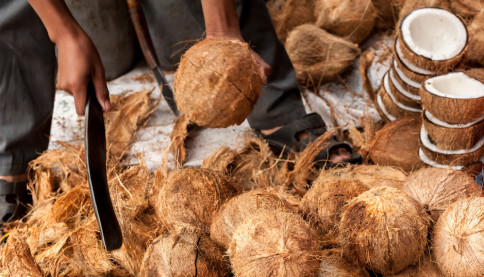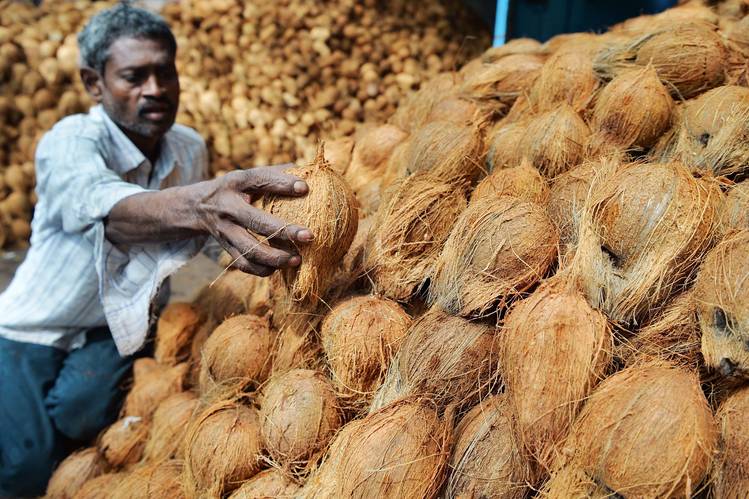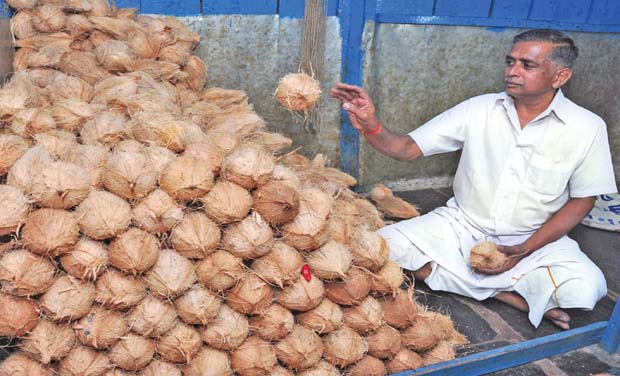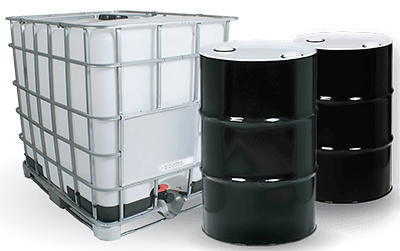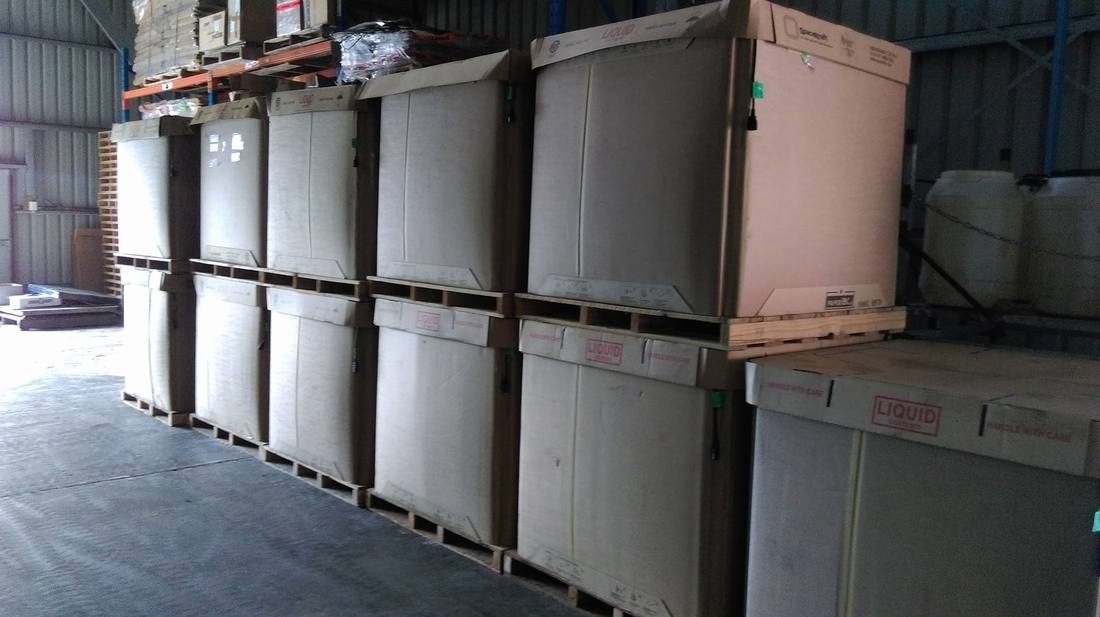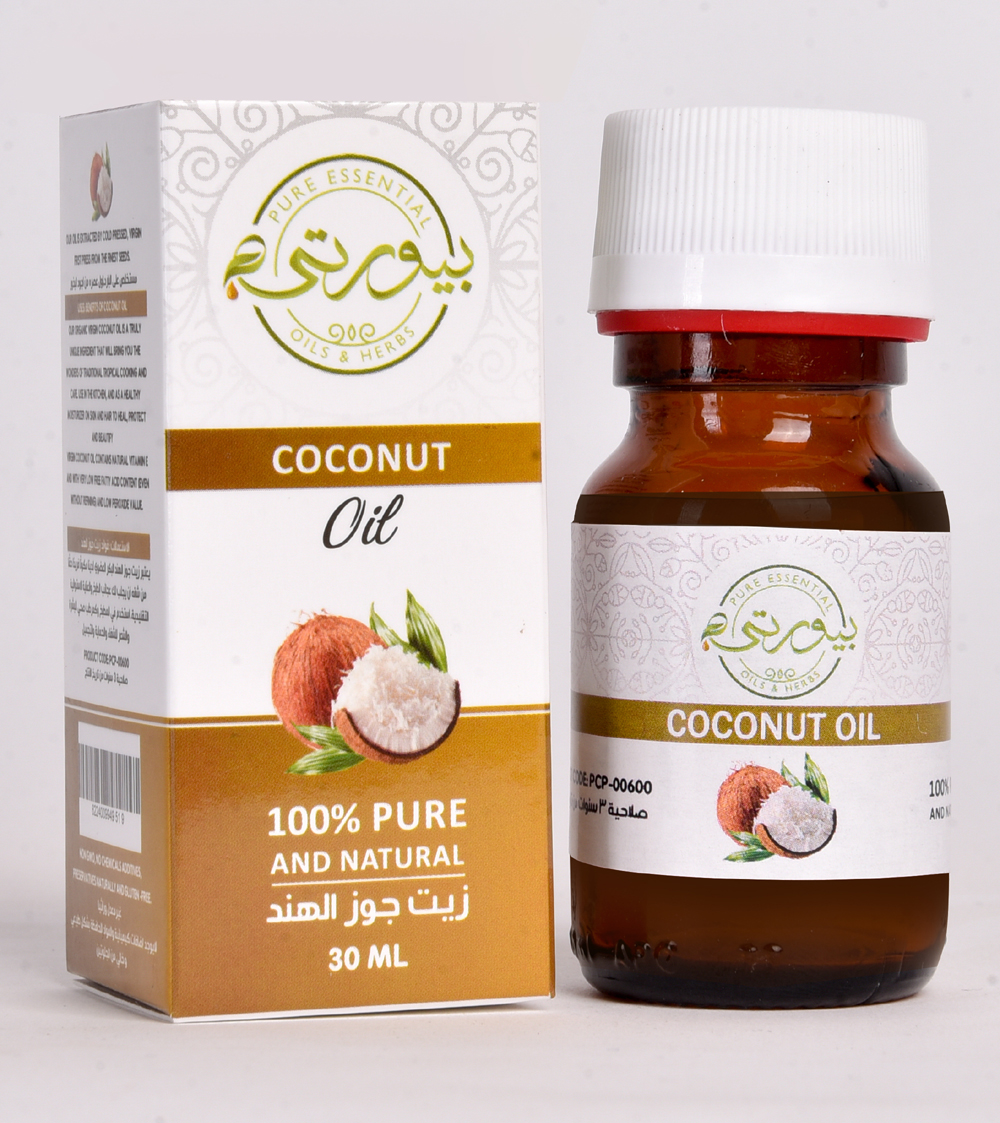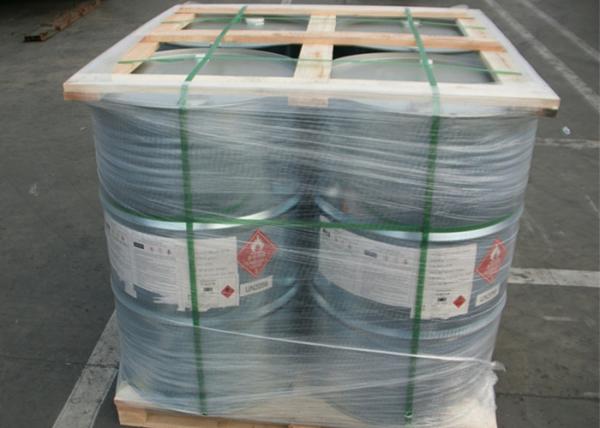Coconut Oil Cocos nucifera
Login to view prices
Coconut oil comes from the nut (fruit) of the coconut palm. The oil of the nut is used to make medicine. Some coconut oil products are referred to as "virgin" coconut oil. Unlike olive oil, there is no industry standard for the meaning of "virgin" coconut oil. The term has come to mean that the oil is generally unprocessed. For example, virgin coconut oil usually has not been bleached, deodorized, or refined.
In recent years, the popularity of coconut and particularly coconut oil has soared because of touted health benefits. Fueling the coconut oil trend, celebrity endorsements have claimed the ingredient to help blast away belly fat, curb appetite, strengthen the immune system, prevent heart disease, and stave off dementia and Alzheimer’s disease. A survey found that 72% of Americans rated coconut oil as “healthy,” though only 37% of nutrition experts agreed. [1] Coconut oil is popular in several trending diets including ketogenic and Paleo diets.
This Product for bulk packaging. if you are interested in Retail Packaging Please browse our Health & Beauty Category
Coconut oil comes from the nut (fruit) of the coconut palm. The oil of the nut is used to make medicine. Some coconut oil products are referred to as “virgin” coconut oil. Unlike olive oil, there is no industry standard for the meaning of “virgin” coconut oil. The term has come to mean that the oil is generally unprocessed. For example, virgin coconut oil usually has not been bleached, deodorized, or refined.
Production
Some coconut oil products claim to be “cold pressed” coconut oil. This generally means that a mechanical method of pressing out the oil is used, but without the use of any outside heat source. The high pressure needed to press out the oil generates some heat naturally, but the temperature is controlled so that temperatures do not exceed 120 degrees Fahrenheit.
Coconut oil can be extracted through dry or wet processing.
Dry process
Traditional way of making coconut oil using an ox-powered mill in Seychelles. Dry processing requires that the meat be extracted from the shell and dried using fire, sunlight, or kilns to create copra. The copra is pressed or dissolved with solvents, producing the coconut oil and a high-protein, high-fiber mash. The mash is of poor quality for human consumption and is instead fed to ruminants; there is no process to extract protein from the mash.
Wet process
The all-wet process uses coconut milk extracted from raw coconut rather than dried copra. The proteins in the coconut milk create an emulsion of oil and water.
The more problematic step is breaking up the emulsion to recover the oil. This used to be done by prolonged boiling, but this produces a discolored oil and is not economical. Modern techniques use centrifuges and pre-treatments including cold, heat, acids, salts, enzymes, electrolysis, shock waves, steam distillation, or some combination thereof. Despite numerous variations and technologies, wet processing is less viable than dry processing due to a 10–15% lower yield, even taking into account the losses due to spoilage and pests with dry processing. Wet processes also require investment of equipment and energy, incurring high capital and operating costs.
Proper harvesting of the coconut (the age of a coconut can be 2 to 20 months when picked) makes a significant difference in the efficacy of the oil-making process. Copra made from immature nuts is more difficult to work with and produces an inferior product with lower yields.
Conventional coconut oil processors use hexane as a solvent to extract up to 10% more oil than produced with just rotary mills and expellers. They then refine the oil to remove certain free fatty acids to reduce susceptibility to rancidification. Other processes to increase shelf life include using copra with a moisture content below 6%, keeping the moisture content of the oil below 0.2%, heating the oil to 130–150 °C (266–302 °F) and adding salt or citric acid.
Virgin coconut oil (VCO) can be produced from fresh coconut milk, meat, or residue. Producing it from the fresh meat involves either wet-milling or drying the residue, and using a screw press to extract the oil. VCO can also be extracted from fresh meat by grating and drying it to a moisture content of 10–12%, then using a manual press to extract the oil. Producing it from coconut milk involves grating the coconut and mixing it with water, then squeezing out the oil. The milk can also be fermented for 36–48 hours, the oil removed, and the cream heated to remove any remaining oil. A third option involves using a centrifuge to separate the oil from the other liquids. Coconut oil can also be extracted from the dry residue left over from the production of coconut milk.
A thousand mature coconuts weighing approximately 1,440 kilograms yield around 170 kilograms (370 lb) of copra from which around 70 litres (15 imp gal) of coconut oil can be extracted.
Refined oil
Refined, bleached, and deodorized (RBD) oil is usually made from copra and dried coconut kernel, which is pressed in a heated hydraulic press to extract the oil. This yields practically all the oil present, amounting to more than 60% of the dry weight of the coconut. This crude coconut oil is not suitable for consumption because it contains contaminants and must be refined with further heating and filtering.[8]
Another method for extraction of coconut oil involves the enzymatic action of alpha-amylase, polygalacturonases, and proteases on diluted coconut paste. Unlike virgin coconut oil, refined coconut oil has no coconut taste or aroma. RBD oil is used for home cooking, commercial food processing, and cosmetic, industrial, and pharmaceutical purposes.
Hydrogenation
RBD coconut oil can be processed further into partially or fully hydrogenated oil to increase its melting point. Since virgin and RBD coconut oils melt at 24 °C (76 °F), foods containing coconut oil tend to melt in warm climates. A higher melting point is desirable in these warm climates, so the oil is hydrogenated. The melting point of hydrogenated coconut oil is 36–40 °C (97–104 °F).
In the process of hydrogenation, unsaturated fats (monounsaturated and polyunsaturated fatty acids) are combined with hydrogen in a catalytic process to make them more saturated. Coconut oil contains only 6% monounsaturated and 2% polyunsaturated fatty acids. In the partial hydrogenation process, some of these are transformed into trans fatty acids.
Fractionation
Fractionated coconut oil provides fractions of the whole oil so that its different fatty acids can be separated for specific uses. Lauric acid, a 12-carbon chain fatty acid, is often removed because of its high value for industrial and medical purposes.[11] The fractionation of coconut oil can also be used to isolate caprylic acid and capric acid, which are medium-chain triglycerides, as these are used for medical applications, special diets and cosmetics, sometimes also being used as a carrier oil for fragrances.[12]
Quotation:
Incoterms: FOB India
· Quantity: More than 1000 L Minimum
· Specification: 100% natural and Pure quality
· Documentation: COA, MSDS, TDS
· Payment terms: TT in advance to Our bank account
· Lead time: Shipping through 10 days from receipt of the payment.
· Sea Shipping Time: 35 days
· Air shipping time: 10 days
Branding Services
We also can do customized packaging for you to bottle whatever size you like. We can help in designing labels, selecting good bottles, and packaging. We deliver integrated solutions under your brand..
Additional information
| Weight | N/A |
|---|---|
| Dimensions | N/A |
| Oil Purity | 100% Natural & Pure without any chemical, flavor, food additive or carrier. |
| Country of Origin | Indonesia |
| Ship from | Indonesia |
| Oil Bulk Packaging | 180 kg Steel Drum |
| Cultivation Type | Organic Certified, Organic not Certified |
| HS Code | 15131191 |
| CAS-Code | 8001-31-8 |
| Oil Documentation Available | Allergen Free Certificate, Bovine Spongiform Encephalophathy (BSE) Certificate, Certificate of Analysis (COA), GMO Certificate, GRAS Status Statement, Halal Certificate, Herbal Origin Statement, KOSHER Certificate, Manufacturing Flow Chart, Material Safety Data Sheet (MSDS), Organic Certificate, Pesticide Residual Certificate, Researches & Studies, Technical Data Sheet (TDS), WADA Prohibited list Statement |
-
Login to view prices
-
Login to view prices
-
Login to view prices
-
Login to view prices


